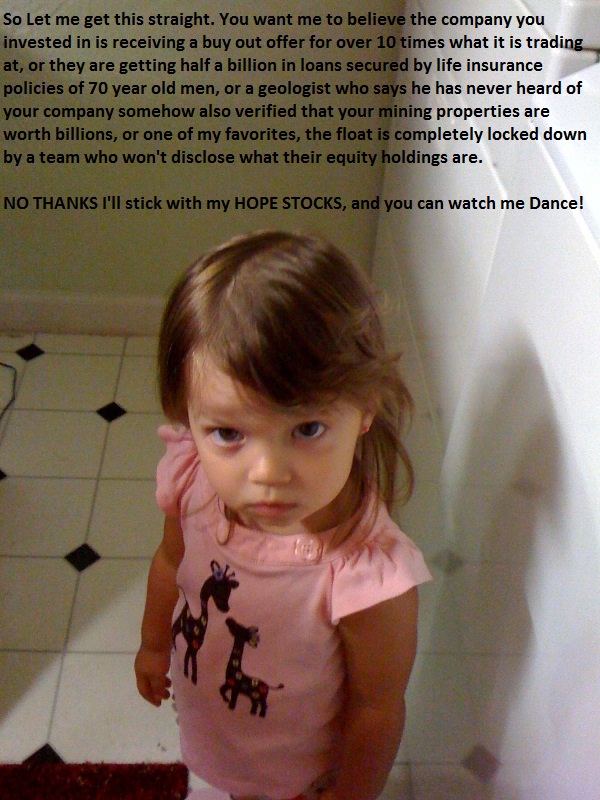What is Drop Shipping you ask? I got a feeling Homeclick moved toward this business model. The same model that makes Amazon and Overstock profitable. Not warehousing items except for highly sought after products they can ship out quickly.
Although "drop shipping" does involve the shipping and mailing of products, overall it is more a method of retailing that has gained popularity with the advent of online shopping. Basically, drop shipping is an arrangement that a retailer makes with a wholesale distributor. The retailer sells the product, and the wholesaler then ships it to the customer complete with the retailer's label on the package. This arrangement benefits the wholesaler who gains retail outlets and sales of a product, as well as the retailer who collects a percentage of the sale, but doesn't have to worry about shipping or carrying an inventory.
Drop shipping has been used extensively by companies such as Amazon.com and Overstock.com to build up thriving online businesses that require little or no initial investment in terms of inventory. What happens is that you as a retailer set up a Web site that sells products. When a customer buys a product, they pay you for the product along with any shipping costs (example: product costs $20 with $3 shipping). You then notify the wholesale distributor with the pertinent information. The distributor packages it, sends it to the customer with your label on it, and bills you the wholesale price for the product plus shipping (example: wholesale cost $14 plus $3 shipping). You make a 30 percent profit for your efforts.
The advantages of drop shipping are:
No inventory
No shipping
You buy wholesale and sell retail
Distributor supplies product information and new products
When starting a retail business, inventory can easily be one of your largest expenses. Not only that, but over time you have to keep your inventory current and stocked with the products your customers most want to buy. If your inventory becomes outdated, you might have to sell it to a discount company at a loss. Overall, no inventory means less risk to you as a retailer.
Depending on the size of your business, shipping and mailing can expend a lot of your resources. This includes processing orders, packaging, and making arrangements with a shipping company to pick packages up or taking them down to the post office yourself and mailing them. For small businesses, it requires having one or more employees dedicating part of their workday to shipping, taking time away from other tasks. For larger businesses, it means having a full-time mailroom with perhaps a dedicated mailroom supervisor. Either way, drop shipping offers an alternative that alleviates shipping and frees your employees for other duties.
The great thing about drop shipping is that you never have to buy an item wholesale until you've already sold it retail. Not only do you benefit from no inventory costs, you also profit from the difference between the wholesale and retail price. You have to get the best price you can wholesale in order to stay competitive in the retail market.
The key to finding a distributor with the best price is to get as close as possible to the manufacturer of a product. Contact the manufacturer and if they don't drop ship, they can recommend a distributor who does. (Please note that the distributor will require you to have a resale or tax number to buy the products wholesale.)
Once you have secured an arrangement with a distributor, you can begin using their product information on your Web site. Larger distributors have marketing packages and smaller ones will let you download pictures and information from their site. In addition, if the distributor begins carrying a new product line, you have the option of adding it to your online selection. This keeps you current without having to do your own research and development.
Things to consider when selecting a distributor for drop shipping:
Watch out for companies that aren't legitimate wholesalers. (Be suspicious if they don't ask for a tax ID number.)
Be wary of monthly fees. (You should not have to pay to sell their product.)
Online shopping is highly competitive. Optimally, products should be in demand, but not widely available online — what are called niche markets. (Be sure to read How to Identify and Reach Niche Markets for Your Business.)
Be sure the drop shipper uses a method of shipping, such as FedEx or UPS, that can be tracked. (This is helpful when the customer wants a status on their order.)
Ask about the distributor's policy on defective products and returns. (This always comes up in retail businesses.)
Check out Dealing with Drop-Shippers in Your eBay Business for more information on this topic.

